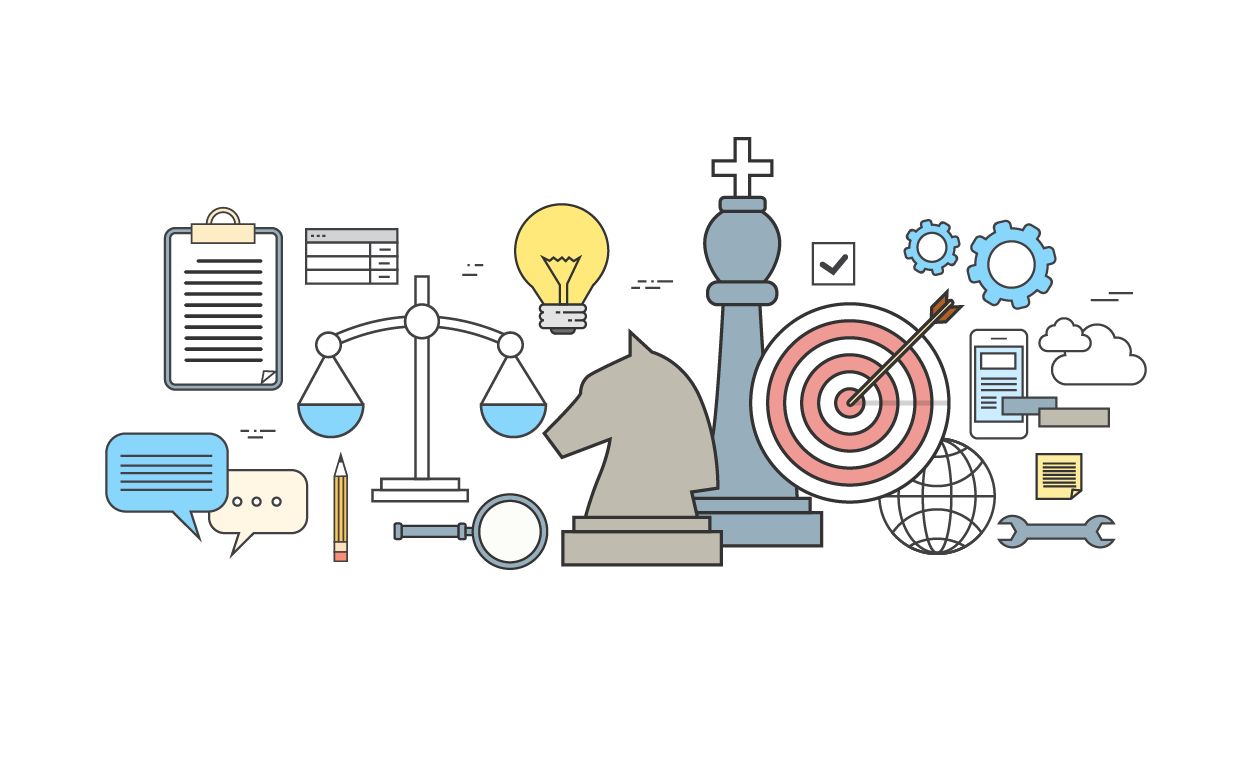When Did “Content” Become a Bad Word?

The word “content” is everywhere. We hear it from marketers, on social media, and even from our own friends and family. But what does it really mean? And is it really the best way to describe the things we create and share online?
To me, “content” is too broad, too vague, and too easily misunderstood. When we use the word “content,” we’re essentially saying that everything we create is equal. And that’s simply not true. Some of the things we create online are truly valuable and informative. They help people learn, grow, and be entertained. But other things we create are nothing more than fluff. They’re empty, meaningless, and a waste of time.
So what should we invest in instead of “content”? I say we invest in good stories. Stories that are interesting, engaging, and relevant to our audience. Stories that make people feel something or do something. Good stories are the key to creating content that people actually want to consume. And they’re also the key to building a strong online presence and connecting with your audience on a deeper level.
In this blog post, I’ll discuss why content is a bad word and what we should invest in instead. I’ll also share some tips on how to create good stories and a strategy for sharing them online to get them in front of the most people possible.
What is a Marketing Website?
In short, your marketing website is the digital face of your business. It may be a brick & mortar – like a single location sweets shop or multi-city automotive dealership. You may be a service area business like a plumber or HVAC company. Or, you may be a nonprofit site, where there is no physical location and your “service area” is the whole world. Either way, your business needs to sell to stay afloat. Thus, your marketing website is designed to promote a business or product to generate leads, sales, or brand awareness.
At Bird Dog SEO, we specialize in crafting top-notch marketing campaigns tailored for both B2B sites aiming to generate leads and B2C websites focused on boosting sales.
What is a website marketing strategy?
A website marketing strategy is a plan for promoting your website and achieving your business goals. It should include specific objectives, target audience, and tactics for driving traffic to your website and converting visitors into customers. When it comes to developing a successful marketing strategy, you need to incorporate a few areas of digital marketing, including:
- Search engine optimization (SEO): Put your website on “passive income mode” with a good SEO strategy. Optimizing pages and elements to be crawled and indexed by search engines means that without spending a dime, you can continue to find your audience online.
- Social media marketing: If you’re looking to expand your audience, using social media – like Meta, X, or TikTok – can get your brand in front of similar shoppers to the ones you already have.
- Content marketing: From product content to blogs, the content on your site should always drive customers to the next thing you want them to do – whether it is get more information, sign up, or buy something. When it comes to any successful marketing campaign, content strategies are key to maximizing the story you share broadly.
- Paid advertising: Companies can pay to show their website to relevant audiences in search results, on social media sites, and on other websites. Depending on your needs paid advertising can be very valuable to drive traffic or conversions on your website.
- Email marketing: Once you have customers, subscribers, or leads, you will want an email marketing strategy to keep in touch with them. In order to be successful in converting your email customers into buyers, you’ll want to create unique campaigns for different types of audiences and goals.
Is Web Design Digital Marketing?
Web design and digital marketing are related, but they are not the same thing. Web design is the process of creating and designing websites, while digital marketing is the use of digital channels to promote products or services.
A well-designed website is essential for converting visitors. A good website should be visually appealing, easy to navigate, and informative. It should also be optimized for search engines so that people can easily find it when they search for information related to your industry. And with the most recent algorithm updates from Google, a good user experience (UX) is critical to improving your visibility in organic results. It’s the new E, in E-E-A-T.
In short, web design is a subset of digital marketing. It is a critical component of any successful digital marketing strategy, but it is not the only one.
What is Content?
Alright, here’s where we get to what grinds mine – and Emma Thompson’s – gears. Definitionally, content is any information that is shared with others. It can be in written, spoken, or visual form. Content can be informative, entertaining, or persuasive. And in my opinion when it comes to using the word “content” it’s most often done before anything is created. I think this allows teams to flex their full creative muscles with a “blue sky” approach to the types of content we can use. If a campaign kicks off and everyone is thinking – this will be a whitepaper, a blog post, and a press release – then you may limit yourself to the amount of visibility your content will get. By using the word “content” marketers have the ability to complete some competitive research and understand what specific types of content are going to be the most valuable for your campaign.
The following are just some common website content types that, if done right, can turn out to be high quality content that effectively drives growth for your business:
- Blog posts
- Images
- Infographics
- Case studies
- Whitepapers
- Press releases
- Reviews or Testimonials
- Video
Once your “content” evolves into a whitepaper, a TV show, or a book, it graduates from being mere “content” to a bona fide thing. The real differentiator between content and these things lies in the blood, sweat, and caffeine-fueled tears poured in by all the teams involved. No magic “easy button” here – crafting infographics and videos demands a medley of research, writing, designing, and then some. Are we starting to understand why the writers were on strike?
Slapping the label “content” on the result of all that hard work? Well, that’s just downright demeaning. Let’s not undermine the work done by all the creative types that went into ideating, designing, and creating, shall we? A content marketing strategy is a thing of beauty, not just casual pieces of content tied together with some links.
The Value of High-Quality Content
In order for your content to be effective and get the required results, people need to be able to find it. Content simply can not be found without good SEO, which includes the use of keywords, internal & external links, competitive research, and more. Together, that makes your content more effective because it will be well-written, informative, and engaging for your audience. Content should also be optimized for search engines so that it can be easily found by people who are looking for information on the topic.
When it comes down to it, high quality content is an important part of any digital marketing strategy because it can help businesses to:
- Attract more of the right type of visitors to your website
- Generate more leads and increase sales
- Build brand awareness
- Improve customer loyalty
- Improve your site’s authority and rank in organic results
- Improve the website’s usability and user experience
In the end, think of “content” as the roadmap for your team’s marketing journey, not the final destination. While I don’t have a hefty book for you to download with all the secrets to crafting top-notch content, if you’re hungry for detailed advice on mastering various content types and achieving success, check out this HubSpot article—it’s a goldmine of insights. Happy reading!
